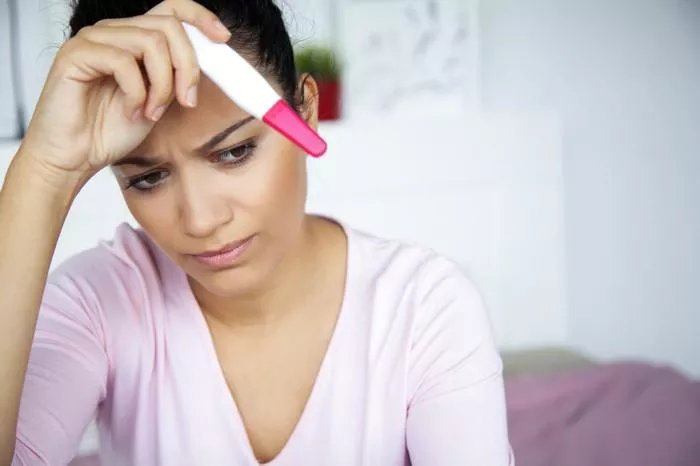Firstly, it’s crucial to understand the menstrual cycle in women. The menstrual cycle typically lasts for 28 days, but individual physiologies vary, leading to differences. Within this cycle, the ovulation period is the most fertile time. Generally, ovulation occurs around the 14th day of the menstrual cycle, but this isn’t absolute as everyone’s body is different. Hence, it’s advisable to use ovulation test strips or monitors to accurately determine ovulation.
Healthy Lifestyle
Maintaining a healthy lifestyle is also a key factor in increasing the chances of pregnancy. This includes a balanced diet, moderate exercise, adequate sleep, and avoiding excessive stress. Additionally, avoiding smoking and excessive alcohol consumption is crucial as they can affect overall health and, subsequently, pregnancy chances.
Timing and Positions
Having intercourse during the ovulation period significantly increases the chances of pregnancy. Furthermore, certain sexual positions may also help increase the likelihood of pregnancy, such as the woman being on top, which can facilitate easier access for sperm to reach the cervix.
Maintaining a Positive Attitude
Lastly, maintaining a positive attitude is also crucial. Excessive anxiety and tension can affect normal physiological functions, thereby impacting the chances of pregnancy. Therefore, it’s recommended to maintain a relaxed and positive attitude during the conception period.
In conclusion, the quickest way to conceive is to understand and master one’s body cycle, maintain a healthy lifestyle, choose appropriate timing and positions for intercourse, and maintain a positive attitude. Hopefully, the above suggestions will be helpful to you.























